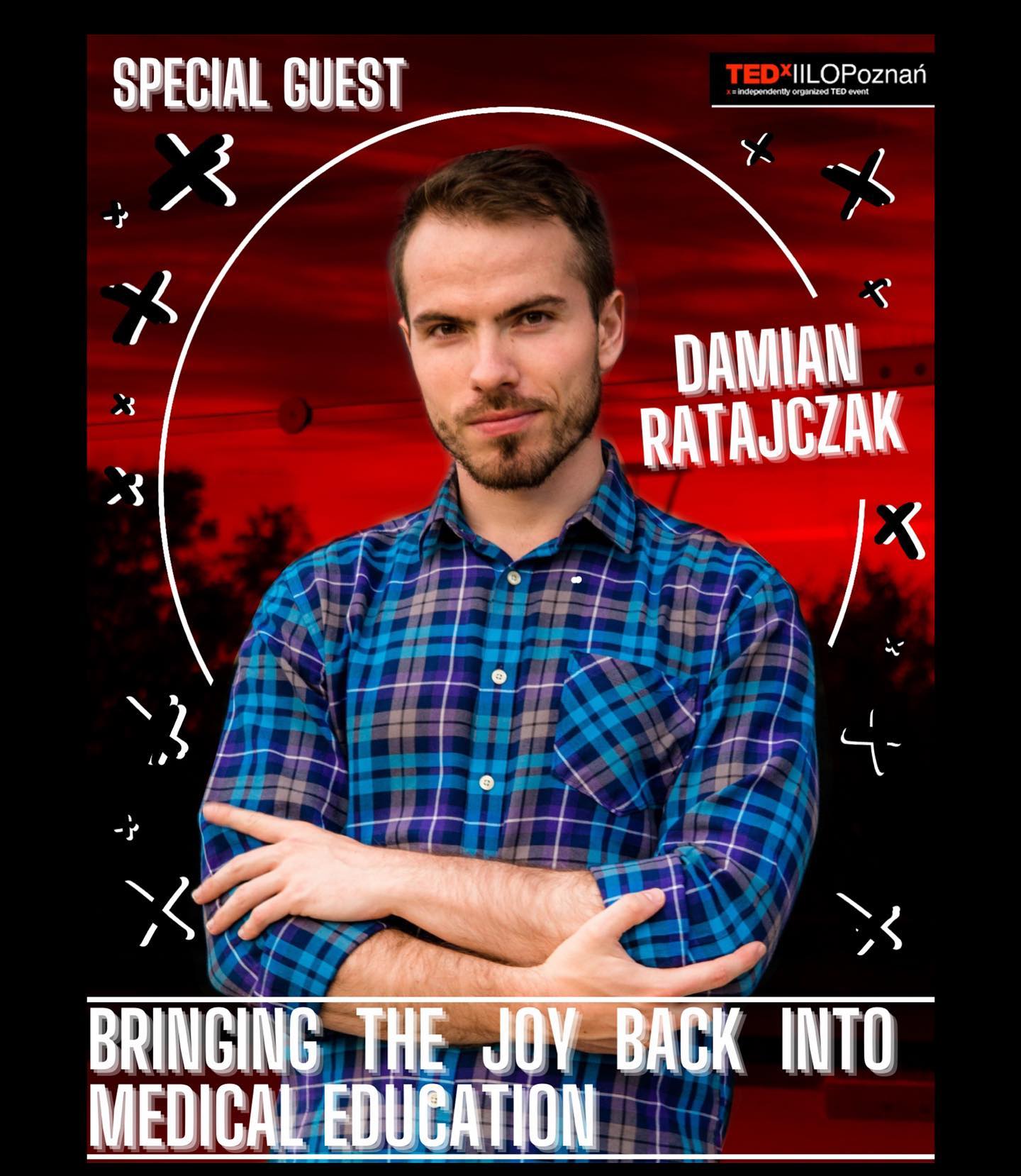One of the most difficult aspects of studying medicine is the sheer volume of knowledge required from the students to memorize. Be it books, laws and regulations, or practical skills – medicine students need to remember all of it through numerous examinations throughout their years of studying. While any subject requires some degree of memorizing, medicine studies are known around the world to be one of the hardest and most demanding. In order to pass your exams and finish the course with positive grades, you will need to work on the efficiency of your studying.
To help you study better, you should know as much as possible about memory itself. Our brains store memories for future use – that use is often called recall, or retrieval. Knowing how the brain stores and recalls memories can be a key factor in making your studying not only more efficient, but also more enjoyable, as you will be able to learn more material in a shorter span of time, allowing you to not overwork yourself.
What is memory?
While this question might seem simple to you at first, memory is a much more complex phenomenon than most people think. As we learn and experience memories, our brain preserves that information and keeps them ready for future recovery. That is, however, not a flawless process – as you most definitely know, we all tend to forget or misremember pieces of information. This is why it is so important that we properly encode the information we learn in the first place.
Many people imagine the human brain as a library, in which memories are neatly stored on bookshelves for further recall. Sadly, however, it does not work like that. Human memory works more like a jigsaw puzzle, spread over many different parts of the brain that need to work together in order to recall a specific memory. There are, thankfully, ways to help your brain encode, store, and recall the information you have memorized.
How is memory accessed?
There are two main methods of accessing our memories – recognition, and recall. Recognition works on the basis of association – we associate certain information or experience with an event or an object. An example of that is recognizing someone’s face – as your brain processes the facial features of a person, they link those features to a memory of a specific individual. This is done on a subconscious level and is usually much easier to do than recall, because of the stimulus that makes the brain connect information with an event.
Recall, however, is much more difficult for the brain to achieve. During recall, we remember something that is not related to anything present to us at a given moment. This process requires our brain to directly dig out the information we are looking for – such as trying to retrieve a formula from our memory. It is very important to know about the recall, as it is the main method of uncovering information during examinations, when the only cue for your brain is the question you see on the paper.
A Canadian experimental psychologist and cognitive neuroscientist Endel Tulving discovered the importance of context cues in memory recall. The process of recalling a memory is a subconscious, automatic process, and we don’t have much control over it. We can, however, create an environment that is similar to the one in which the memory was created. The more similarity between the situation in which the memory was made and that in which it is recalled, the more chance of your brain actually finding the information you want. Tulving’s research shows that revising in an environment similar to that in which you will need that knowledge later on, such as a lecture hall or a classroom, can vastly improve your chance of remembering information when you need it.
Free recall
While recall in itself is a complex phenomenon, it is often further divided into three types: free recall, cued recall, and serial recall.
The free recall does not require of you any particular order to the items you are trying to remember. This can happen at any exam, particularly in questions where you are asked to provide either examples or a list, but the order of individual items does not make any difference. However, the order in which you were memorizing those items does make a difference. Research has shown that people are most likely to recall the first and last items in a series, while the middle ones are remembered the least.
Experiments testing the free recall asked participants to memorize a list of items, and then provide those items in any order. In most cases, people tended to begin the recall with items at the end of the list, with items at the beginning of the list appearing next. The items which were in the middle of the list were most often given at the end of the answer and were forgotten most commonly. You can use that knowledge to your advantage – space out your learning material by importance, with the most important information appearing in the beginning and at the end of the lists.
As you get better at organizing your notes, you will notice improvements in your ability to recall specific items at examinations. Keep at it and you will eventually be able to master all of the curriculum faster and more in-depth!













